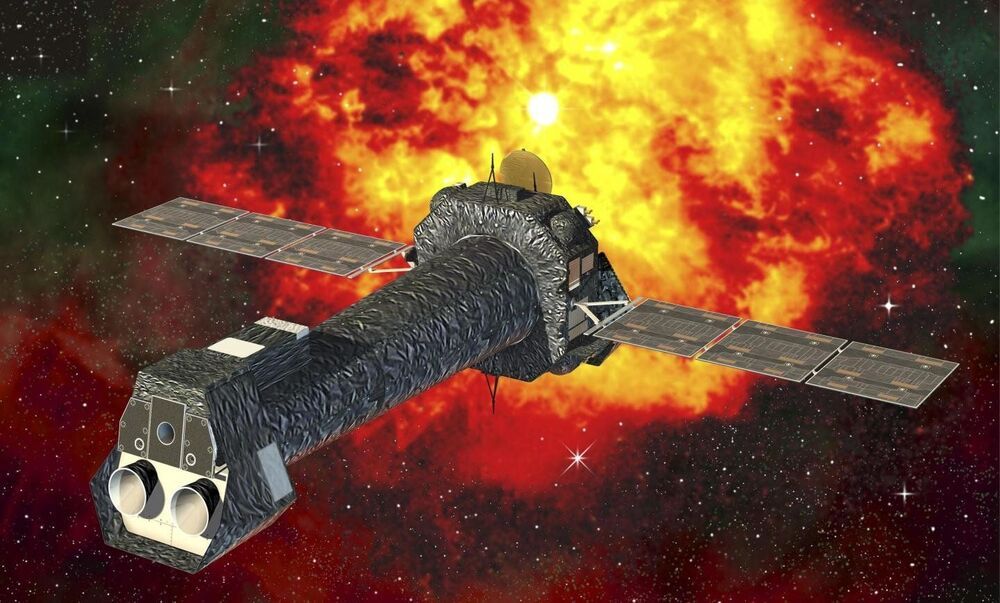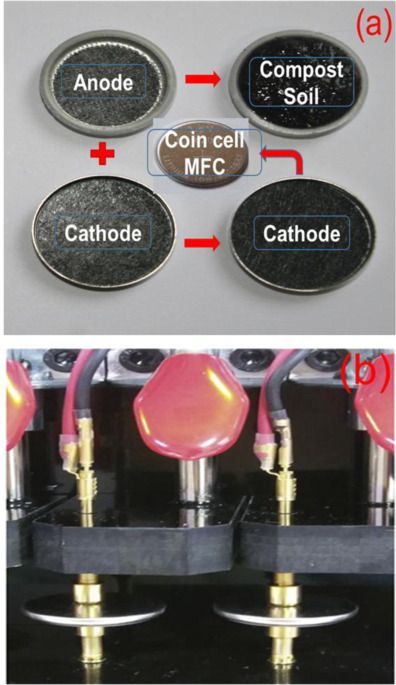InSight lander’s “mole” was unable to hammer through the Martian soil, and unusually dusty solar panels meant the robot was generating less power.


This last year has been not been one for the social calendar. It has left us all feeling more and more isolated with lockdown after lockdown and restricted travel options globally. It is something we need to actively work to overcome, for our own sakes and for those around us, it is as detrimental to our long term health as smoking, obesity or having an alcohol disorder. It increases the risk of many health conditions, and even alters gene expressions. If you want to know even more detail I break it down in this new video, and look out for those who are having a rougher time, pay it forward. Make this world a place you want to live in…
In Loneliness As Deadly As Smoking-How It Impacts Your Health & Longevity I will be talking about how social isolation, something becoming more and more apparent in many countries and cities across the globe, is a serious threat to health and longevity.
It’s effects on mental and physical health are amongst the most serious threats we face and as such it needs to be taken seriously. The studies I mention are linked below.
To see the video on the mother of all diseases, aging, follow this link:
And leave your thoughts, questions and suggestions for future topics in the comments.

Using the Atacama Large Millimeter/submillimeter Array (ALMA) in Chile, an international team of astronomers has performed observations of HSC J120505.09−000027.9—the most distant red quasar so far detected and found that it showcases an extended emission of ionized carbon. The finding is reported in a paper published January 4 on arXiv.org.
Quasars, or quasi–stellar objects (QSOs), are extremely luminous active galactic nuclei (AGN) containing supermassive central black holes with accretion disks. Their redshifts are measured from the strong spectral lines that dominate their visible and ultraviolet spectra. Some QSOs are dust-reddened, hence dubbed red quasars. These objects have a non-negligible amount of dust extinction, but are not completely obscured.
Astronomers are especially interested in studying high-redshift quasars (at redshift higher than 5.0) as they are the most luminous and most distant compact objects in the observable universe. Spectra of such QSOs can be used to estimate the mass of supermassive black holes that constrain the evolution and formation models of quasars. Therefore, high-redshift quasars could serve as a powerful tool to probe the early universe.

A new study, led by a theoretical physicist at the U.S. Department of Energy’s Lawrence Berkeley National Laboratory (Berkeley Lab), suggests that never-before-observed particles called axions may be the source of unexplained, high-energy X-ray emissions surrounding a group of neutron stars.
First theorized in the 1970s as part of a solution to a fundamental particle physics problem, axions are expected to be produced at the core of stars, and to convert into particles of light, called photons, in the presence of a magnetic field.
Axions may also make up dark matter —the mysterious stuff that accounts for an estimated 85 percent of the total mass of the universe, yet we have so far only seen its gravitational effects on ordinary matter. Even if the X-ray excess turns out not to be axions or dark matter, it could still reveal new physics.



Remember the Hubble Deep Field? And its successor the Hubble Ultra Deep Field? We sure do here at Universe Today. How could we forget them?
Well, just as the Hubble Space Telescope has successors, so do two of its most famous images. And those successors will come from one of Hubble’s successors, NASA’s Roman Space Telescope.
The Hubble Deep Field and Ultra Deep Field showed a generation of people how expansive and wondrous the Universe is. They showed that even empty-looking patches of sky are, in fact, full of galaxies. All sizes, shapes, and ages of galaxies.

A small prototype of a drone-based quantum network has successfully relayed a quantum signal over a kilometer of free space.
The airwaves are chock full of “classical” information from cell phones, radio stations, and Wi-Fi hubs, but one day those waves could be carrying quantum encrypted messages or data input for a quantum computer. A new experiment has used a pair of hovering drones to dole out quantum information to two ground stations separated by 1 km [1]. This demonstration could lead to a drone-based quantum network that could be positioned—and easily repositioned—over a city or rural area.
Quantum communication promises fully secure message sharing. For example, two users could exchange encrypted messages using “entangled” photons, pairs of particles with a unique quantum-mechanical relationship. For every pair, one photon would be sent to each of the users, who would be alerted to any eavesdropping by a loss of entanglement between the photons. One of the most common methods for sending such quantum encrypted messages relies on optical fibers (see Viewpoint: Record Distance for Quantum Cryptography). But in fibers, a large fraction of the photons scatter before reaching their destination. More photons can survive if quantum information is transmitted through the atmosphere, as in the quantum link established using a Chinese satellite in 2018 (see Focus: Intercontinental, Quantum-Encrypted Messaging and Video). However, satellites are expensive and difficult to adapt to changing demands on the ground.
Elon Musk’s Neuralink showcases working implanted brain computer and promises future health benefits.
Elon Musk company Neuralink has been researching how directly interfacing with the brain could be used as therapy for chronic and debilitating medical conditions, as well as exploring how technological augmentation could expand and develop the capabilities of the human brain.
Longevity. Technology: Neuralink have been decidedly cagey about their progress, despite having $158m, in funding, $100m of which comes from Musk himself [1]. Tonight’s live broadcast featured misbehaving pigs (I’m looking at you here, Gertrude!) and a glimpse of the future of robotic surgery, but Elon Musk continued to operate at his self-proclaimed “speed of thought” pushing the boundaries between brains and technology.
Prior to today’s update, the last real news was in July last year, when they announced they were developing a “sewing machine-like” device that could implant incredibly thin (4 to 6 μm) threads in the brain. The company also demonstrated a system that read information from a lab rat via 1500 electrodes and revealed they planned to start experiments with humans in 2020 [2].

Circa 2020
The acute problem of eutrophication increasing in the environment is due to the increase of industrial wastewater, synthetic nitrogen, urine, and urea. This pollutes groundwater, soil and creates a danger to aquatic life. Therefore, it is advantageous to use these waste materials in the form of urea as fuel to generate power using Microbial Fuel Cell (MFC). In this work, we studied the compost soil MFC(CSMFC) unlike typical MFC with urea from the compost as fuel and graphite as a functional electrode. The electrochemical techniques such as Cyclic Voltammetry, Chronoamperometry are used to characterise CSMFC. It is observed that the CSMFC in which the compost consists of urea concertation of 0.5 g/ml produces maximum power. Moreover, IV measurement is carried out using polarization curves in order to study its sustainability and scalability. Bacterial studies were also playing a significant role in power generation. The sustainability study revealed that urea is consumed in CSMFC to generate power. This study confirmed that urea has a profound effect on the power generation from the CSMFC. Our focus is to get power from the soil processes in future by using waste like urine, industrial wastewater, which contains much amount of urea.